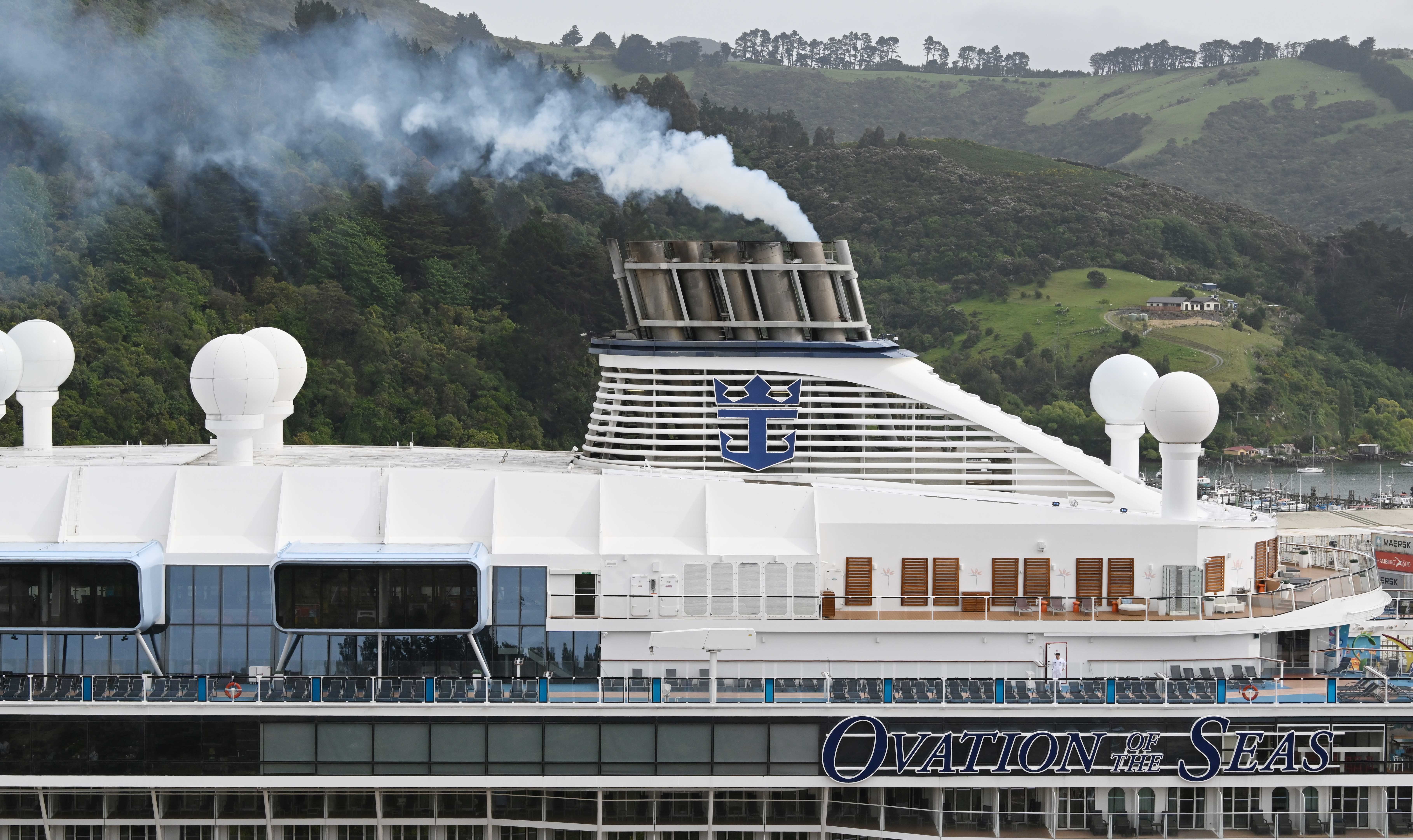
A report to be distributed to councillors for their Wednesday meeting showed for the 2018-19 and 2019-20 seasons, cruise ship emissions made up about 10% of the city’s transport emissions, and about 3.7% of the total gross emissions.

While there were no calculations provided for the 2022-23 and 2023-24 seasons, the report surmised it was likely to be similar to 2018-19.
Cr Sophie Barker, who chairs the council’s zero-carbon committee, said curbing cruise emissions was always going to be a challenge.
"That’s a challenge for the industry, and that is also a government challenge.
"It’s definitely great that we get all these visitors, but we also need to look at how we manage emissions, and people who go on holidays need to think about that stuff themselves as well."
A report to the council said the cruise industry brought in about $150 million to the Otago-Southland economies every season.
Environmental campaigner Bruce Mahalski said while it was good to see cruise ship emissions included in the overall inventory, the cruise industry needed to start paying its way.
"At the moment, they’re a relatively cheap way to travel because emissions are not factored into the cost.
"If they had to offset their emissions through carbon credits, you’d be paying roughly an extra $250 per ticket."
This would result in a natural reduction in demand, he said.
The council’s zero-carbon plan previously proposed to bring all of the city to net zero emissions by 2030, but a recent report has acknowledged the city is unlikely to meet that target.
Cr Barker said there had been changes in available government funding that meant the council needed to focus on what it could achieve.
"While I am big supporter of leadership on lowering our carbon emissions, we need to make sure we target bang for buck on all the actions we commit to.
"That’s why we need to look hard at each action in the plan and how much they will contribute to nailing that ambitious target."
Data for the 2023-24 financial year showed the council achieved a 29.75% reduction in overall emissions compared with 2018-19.
"The council teams have done a fantastic job focusing on reducing emissions, showing great leadership for the city.
"We can see zero-carbon initiatives embedded throughout council work, with tens of millions of dollars committed to projects."
Communication among the Zero Carbon Alliance (ZCA) would also continue, she said.
The alliance is a formal collaboration group comprising the city council, Otago Regional Council, Otago Polytechnic, Health NZ - Southern and the University of Otago.
Its primary focus is on the reduction of organisational emissions and the achievement of the city council’s zero-carbon city target.
Advertisement













